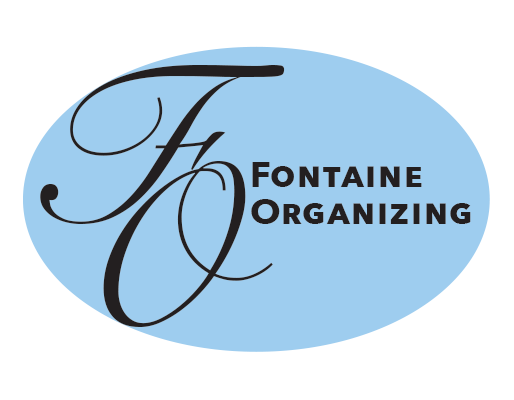Banking Minimalism
Money is a tool that aids in living life. And just like tools you use for home repairs, money should be stored in an organized way until you need it. You don’t need to be thinking about it and moving it around all the time, just like you wouldn’t be cleaning and moving your hammer around every day.
Finances can easily be disorganized just as easily as the tools in your basement if you don’t use intentionality. Here are some events that can cause financial disorganization:
You got married and kept all your individual accounts. Then you opened up joint accounts, too. Now you have more than 6 accounts and you are constantly shuttling money around.
You’ve switched jobs a few times and each old job has a 401K that you haven’t done anything with since leaving.
You opened several accounts in order to get rewards and points the bank was offering.
If any of the above apply to you, it’s time to declutter! When you declutter and simplify your accounts it’ll be easier to track where you are spending money because it’s all in one place. It’ll also be easier to manage for you or for someone else should something happen to you, and you’ll spend less time thinking about moving money around and making sure money is in the right place when you need it.
Decluttering your accounts is a lot less time consuming than you might expect.
Follow these steps to make your money management easier.
Make a list of all the accounts you have. If you have credit cards, include these too (although I encourage you to get rid of all those (Reduce your Accounts). If you can’t come up with them all off the top of your head, you can pull your credit report as a starting point (annualcreditreport.com). Then think one-by-one about your previous employers and try to remember what benefits they offered. You can also check your state’s unclaimed property fund to look for old accounts that have been closed for inactivity. Chances are you know what regular checking and savings accounts you have, so that part should be straight forward.
For regular banking:
Decide what checking account (and credit card, as applicable), and emergency savings account you want to use. For married couples, this is usually the joint account that is being used for household expenses. If everything is separate, now is a great time to pick one to use as the joint account.
Change any automatic payments you find in the statements for the extra accounts to the ones that will be primary.
Close all the extra bank and credit card accounts and move funds to the newly chosen primary accounts.
If you know what financial institutions have your previous 401k’s, make a list of them. If you don’t know this information, contact your previous employers’ HR departments to get information about who to contact. You’ll need the financial company information and your account numbers. (IMPORTANT: Unless you are over 59.5 years old, do not withdraw or cash out any of these accounts or you will pay a 10% penalty PLUS your tax rate!)
Choose a brokerage firm you like or work with a professional. Vanguard, Charles Schwab, and Fidelity are popular DIY options.
Contact the brokerage firm and ask to initiate a “rollover IRA”. They will help you identify any steps that need to be taken. They do this all the time so the process should be straightforward and easy.
You and your spouse will need to do the 401k account declutter separately since retirement accounts cannot be joint accounts.
I know I would certainly feel much less stressed about managing 6 accounts instead of 20!
Once all your checking, saving, and investing accounts are decluttered, you should have no more than 3-6 accounts, which is a lot less than the typical 12-20 I normally see. I know I would certainly feel much less stressed about managing 6 accounts instead of 20! In addition to freeing up time and mental bandwidth, doing this banking declutter will give you a sense of control and clarity that is empowering and priceless.






